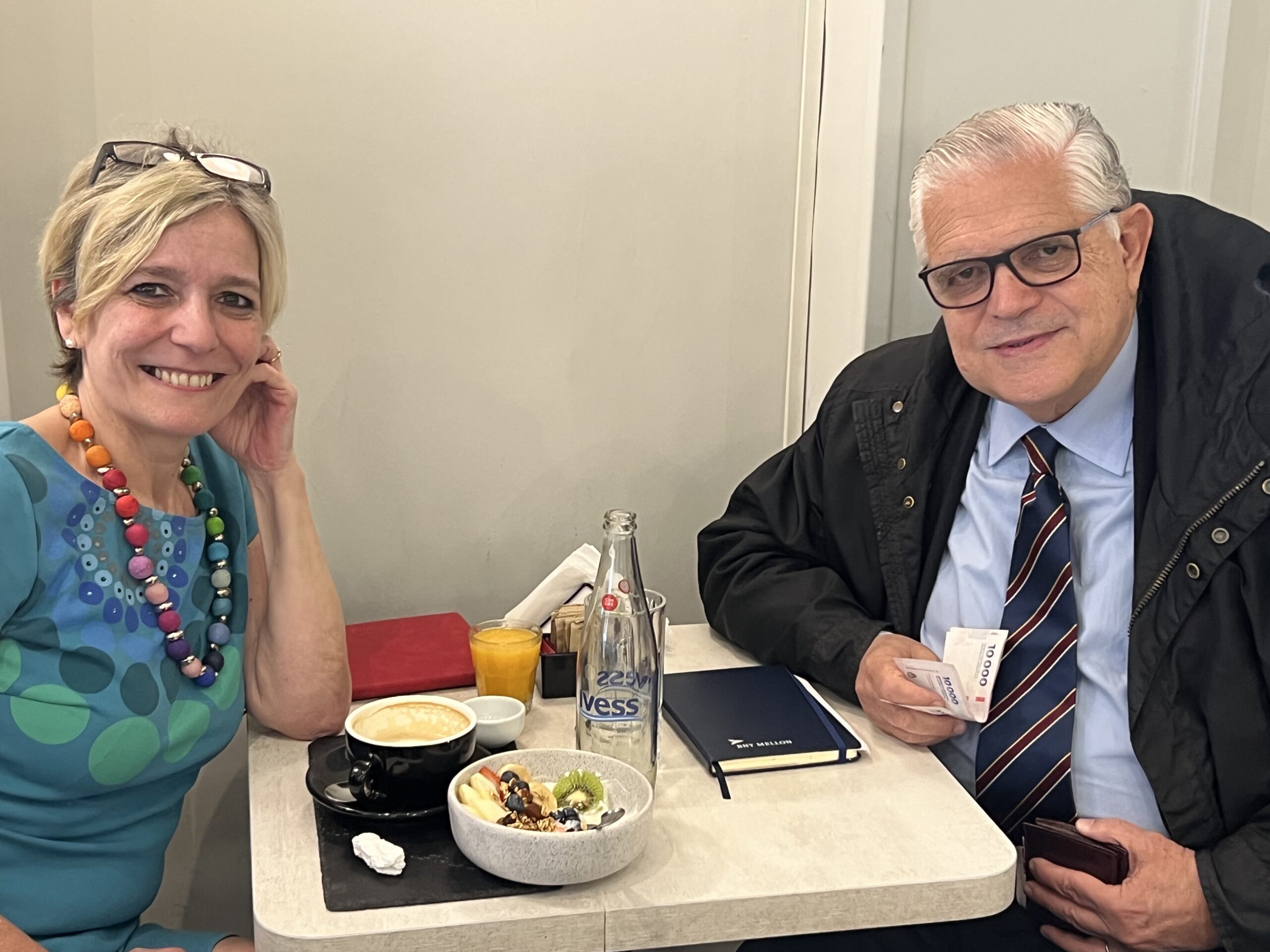
A summary of the main positive habits to maintain good mental health.Habits that will improve and maintain your mental healthAfter many years of personal searching, going through times of anxiety and constant overthinking that sometimes paralysed me or separated me from loved ones, I learnt some habits that, for me and my clients, have become essential life tools.
Here are the habits that help maintain good mental health.
Related article: «10 benefits of going to counselling».
Habits that boost mental health
These are the 12 habits to maintain a good level of mental health that you can apply to your day-to-day life.
- Change the concept of having to fix something inside you.
When we think we have to fix something inside us and we feel inadequate, we are assuming that we came into the world with something flawed.
When we use the concept of fixing something about ourselves, we feel trapped in a continuous cycle of insecurity. Therefore, we act out of a need to change what is wrong, or makes us incomplete. We identify with a negative self-image.
Let go of the idea that something is wrong with you. You came equipped with everything you need and you are complete. You just need to really see this: you are enough.
- Be aware of the thoughts you are generating.
The mind continually throws all kinds of thoughts at us. Creating thoughts is inevitable, it simply requires being aware of them for what they are: thoughts.

The moment we observe them we create a space that allows us not to stay involved in them for too long. They may arise, but if we do not validate them as facts, they lose their power. In this way, they cease to condition us and we turn our attention to other things. This makes all the difference.
You may be interested in: «Intrusive thoughts: why they appear and how to manage them».
- Use your breathing to slow down the flow of your thoughts.
There is a very close link between breathing and the flow of thoughts. Anxiety is a reflection of an overactive mind. When we slow down our breathing, we naturally slow down our thoughts and therefore reduce our anxiety. - Looking at the past as an illusion
The past is simply a concept. Often part of our suffering comes because thoughts from the past determine and justify present behaviour. For example, if someone was bullied at school, they will justify thoughts about those events to determine a present personality that fears criticism. When we are aware of how the past is conditioning us and decide to let go of its hold on us, we are free to enjoy the present.
- Exercise most days
If you want to keep your mind healthy, understand the mind-body connection. When we take care of ourselves physically, our mind also benefits. The mind in a sense is our body. We are much more vulnerable to unhealthy thought patterns when we don’t move our energy through our bodies. Life is movement. However, we are often trying to cheat life, paralysing our energy when we remain static for too long.
Positive habits for your mental health
Yoga is undoubtedly one of the healthiest practices to improve our mental health, moving our energy through our body, and positioning our body in the most appropriate way, as if it were an antenna ready to reorganise our energy correctly.
- Look at moments of difficulty as an opportunity or a lesson.
Remind yourself: there is a lesson to be found in every difficulty. When we are immersed in suffering we lose the ability to see clearly. It is a matter of perspective, it all depends on where we choose to look at each situation. In every problem there is an opportunity to grow.

- Familiarise yourself with «space».
«Space» is a moment of pause between a thought and a behavioural response. Practice not reacting angrily when you have an immediate impulse. Instead, allow that «space» to emerge between thought/emotion and response. It is usually a matter of ten seconds. - Tolerate uncertainty
Intolerance of uncertainty and wanting to have everything under control is a sure path to anxiety. We have a (very human) need to know precisely what will happen next. This is obviously, in many cases, not possible. Inner calm comes naturally when you let go of the need to always know what is going to happen next? Trust uncertainty and instead of seeing it as a danger, see it as an ally. You will do better in all areas of your life.
You may be interested in: «Fear of uncertainty: 8 keys to overcome it».
- Choose happiness
Many of us believe that our stress is determined by what happens in our lives and circumstances. This is false. Stress arises only from our thinking, from our personal perceptions. On that basis, we determine our experiences because we are the creators of them. We can choose to be at ease. We can choose to be happy. It is something that is internally generated.
- Slow down
Life slows down when we slow down and slow down in a hurry. Try it. Notice how those who are restless or move and speak quickly are often the most anxious. Anxiety is created, in large part, by trying to rush through life. We can’t process reality as quickly, so everything becomes more complicated when we rush. Slow down. Do one thing and then do the other; you’ll find that everything becomes easier.
Related article: «Slow living: what is it and what habits does this lifestyle entail?
- Understand the difference between imagination and rumination
Be aware of the tremendous power of thoughts. They can be used to visualise futures, design bridges, empathise with others and make valuable calculations. But also be aware of their destructive power, especially when they take the form of worry or rumination. Pay attention to the difference and shorten the rumination. How will you know how to do this – bring your attention back to the present moment. - Connect regularly with pure consciousness
Pure awareness is living the world around us without judgement. When we judge, we also feel the negative meaning of those judgments, which creates stress. For example, if we think someone or a situation is annoying, we will feel that discomfort in our mind and body. Awareness is our gateway out of all this.




